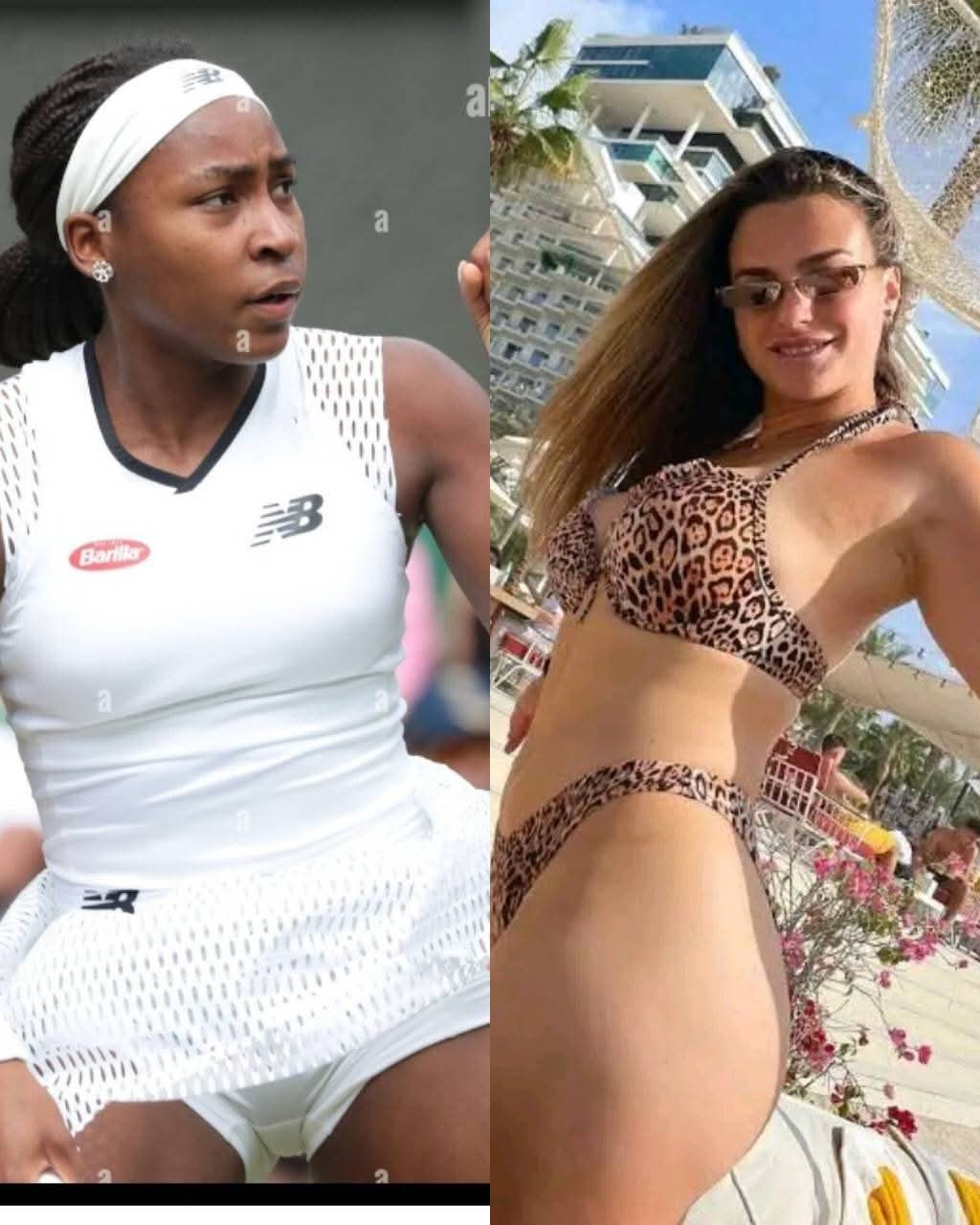Sport
JUST IN: Henman points out the KEY difference between Gauff and Sabalenka- Named who’s the best between them.

JUST IN✅️: Henman points out the KEY difference between Gauff and Sabalenka – Named who’s the best between them
In recent commentary, tennis pundit Tim Henman didn’t hold back when dissecting the matchup between Coco Gauff and Aryna Sabalenka. He asserted that the primary gap separating the two is not raw talent but something far more fundamental: the ability to serve under pressure and lean on prior experience when the stakes are high. According to Henman, Sabalenka has the edge in those moments.
Henman noted that Gauff, despite her enormous promise and youthful energy, fell short at the WTA Finals 2025 when it mattered most. She showed flashes of brilliance – for example, her win over Jasmine Paolini sparked hope – but when faced with Sabalenka’s experience and composure, Gauff wasn’t able to sustain the rhythm. He says the outcome wasn’t just about physical ability; it was largely about mental resilience and serving consistency. (onsport.com.ng)
Henman elaborated that Sabalenka has repeatedly navigated high‑pressure situations at big events and emerged victorious. That sort of history, he argues, breeds confidence. In contrast, Gauff still appears to be refining that championship mindset. Henman emphasises this as a distinguishing feature – Sabalenka’s ability to remain clear‑headed when the match tightens, and to react rather than freeze. (onsport.com.ng)
In his words: “Winning breeds more confidence and she doesn’t second guess herself… when it does get tight she does have the clarity of thought, whereas others can be questioned.” Henman pointed to serve performance, especially the second serve, as telling. He said Sabalenka had improved her second serve under pressure; Gauff, by comparison, still had to direct so much of her concentration to just making the serve work that it seemed to hamper other areas of her game. (onsport.com.ng)
That serves as the crux of the difference, according to Henman: serving under tension. Gauff has the athleticism and shot‑making ability, but when the moment becomes momentous and the opponent digs in, she still has work to do. Sabalenka, he says, has that mental edge—and that has translated into match‑deciding moments. It is not just about who hits harder; it is about who holds form when the temperature rises.
Henman also touched on Gauff’s decision to bring in a former Sabalenka serve coach in an attempt to close this gap. The fact that she’s actively working on this area shows an awareness of her shortcoming. Yet, Henman maintains that structural progress takes time: technique is one thing, but translating that to clutch moments is another. He suggests that Gauff’s journey is still in the transition phase from being “great prospect” to “reliable champion.” (onsport.com.ng)
When asked who he considers “the best” between the two in the current landscape, Henman made his pick clear: Sabalenka. He argued that while Gauff’s potential might ultimately exceed Sabalenka’s, for now Sabalenka holds the upper hand when you factor in consistency, experience, and mental fortitude. Henman’s verdict is based less on opinion and more on observable factors in the toughest matches.
Looking ahead, Henman believes Gauff still has a bright future. He stressed that the serve issues are not fatal flaws; they are fixable. The key will be how quickly she can embed those improvements into big‑match scenarios. If she does, Gauff could challenge for the very top. But for now, he concluded, Sabalenka is the benchmark she must surpass.
In summarising the discussion, Henman made a broader point about elite sport: raw talent and physical gifts are necessary, but not nearly sufficient. The “championship habit” he described—handling serve pressure, mental clarity when down break points, staying confident when behind—is what separates contenders from champions. In this light, Sabalenka currently sits in the higher tier, while Gauff remains on the cusp.
Ultimately this is a valuable wake‑up call for Gauff. Henman’s analysis isn’t intended to diminish her achievements – far from it – but to serve as a reality check. She has the tools. What remains is the conversion of potential into dominance, especially under the microscope of big‑event pressure. Until she does that consistently, Sabalenka remains, in Henman’s view, the better player.

 Sport12 months ago
Sport12 months ago“I’m not trying to criticize Ancelotti, but I’m not happy with him for benching that player”: Bellingham Expresses Frustration Over Ancelotti’s Tactical Decision

 Sport12 months ago
Sport12 months agoBREAKING: Manchester City vs Liverpool Clash Cancelled! Title Race Takes a Twist

 Sport12 months ago
Sport12 months agoArsenal Poised for January Swoop on €70 Million Star Dusan Vlahovic

 Sport12 months ago
Sport12 months agoWHAT ON GOD’S GREEN EARTH DID WE JUST SEE?!

 Sport12 months ago
Sport12 months agoReal Madrid: Carlo Ancelotti’s Surprising Revelations About an Unexpected Quality of Vinicius

 Sport12 months ago
Sport12 months agoBREAKING: Arsenal’s Champions League Quarterfinal Opponent Revealed After Monaco’s Dramatic Win – Tough Challenges Await Arteta’s Men

 Sport12 months ago
Sport12 months agoChelsea Players Facing Suspension as Yellow Cards Mount

 Sport12 months ago
Sport12 months agoKey Arsenal Player Set for Return as Gunners Face Struggling Everton
















